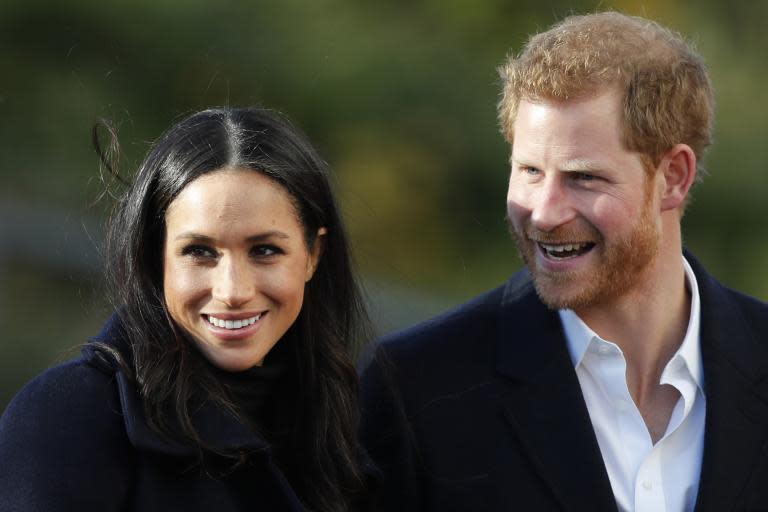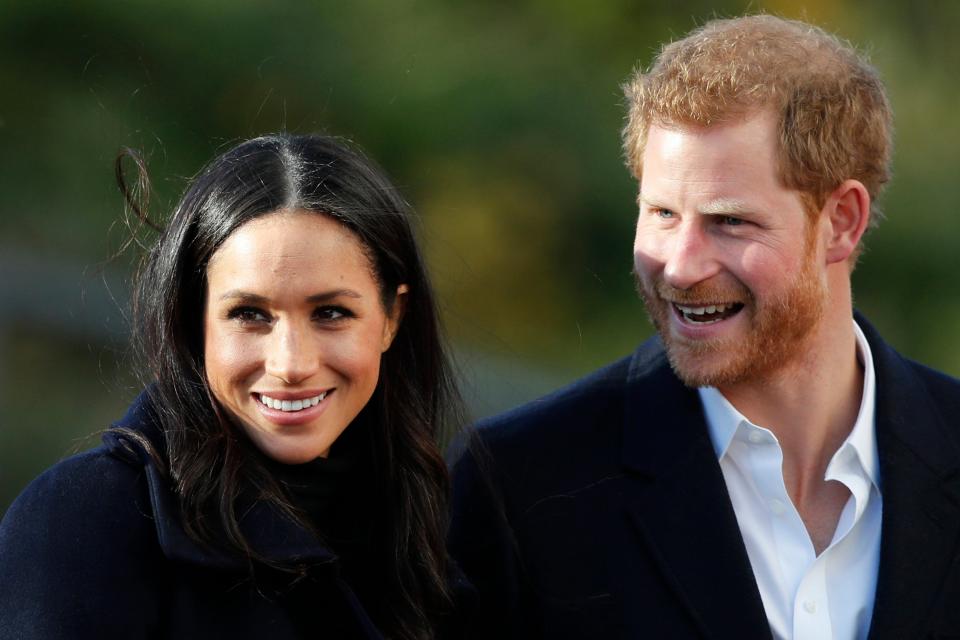A royal baby with black heritage will have absolutely no effect on the issues facing black Britons like me
So, the new royal baby is here. Since Meghan Markle’s explosive arrival on the scene, we’ve speculated wildly about the significance of her heritage, as well as that of her children.
What did her race say about this country? Was this as monumental a moment as Obama’s presidential election, then thought of as a marker of post racialism in America? And now that the baby, with his mixed-race American mother and white, British princely father, is here – does he represent the so-called progressiveness the United Kingdom increasingly prescribes itself?
When it comes to the latter, as far as I’m concerned at least, he doesn’t. While the black heritage of this child is significant in theory – purely by way of the fact that we’ve never seen anything like this, least of all tied to an institution as historically white as the Royal Family – I do find it strange that so many have instinctively lauded his birth a win for social progress, especially now.
The United Kingdom this baby has been born into still struggles to muster the introspection to really grapple with its existing history with race. We’ve seen it in dog whistle attacks on Markle over the last few years, even in the last few months, from outrage over her star-studded baby shower in the states, to accusations of the Duchess of Sussex’s bad or “difficult” attitude. Yet, it seems, vast swathes of the nation are still taken by the notion that the arrival of this child has the power to eclipse that. No chance.
This is the same United Kingdom that, just a few months ago, was so taken aback by Jon Snow’s remark on Channel 4 news that he had “never seen so many white people in one place” at a predominantly white Brexiteer rally, that thousands of people, unfamiliar with being classified as anything but the default, complained, leading to an apology from Channel 4.
It’s the same United Kingdom whose prestigious Cambridge University has only just, in its hundreds of years of existence, deemed it worthy to acknowledge its ties to the slave trade. A connection we all know exists, but routinely ignore in educational spaces.
The same place that, once their relationship had become public knowledge, drove Prince Harry himself to issue a statement criticising the “wave of abuse and harassment” of his then girlfriend, as well as the “racial undertones of comment pieces; and the outright sexism and racism of social media trolls and web article comments”.
In the three years since we’ve learned of the couple’s relationship, for example, we’ve been bombarded with report after report detailing increasing hostility towards people of colour. Far-right politics is growing, workplace racism is rife, hate crimes are rising. This country has continued to embrace increasingly inhumane approaches to immigration, has ignored the impact of racial bias in policing, and fostered inequality in education.
It’s also worth noting the complexity and ever-changing parameters of racial identity when it comes to mixed-race people and this baby. By ascribing, as some publications have done, a bigger sense of importance to this child’s identity, we risk falling into the trap of buying into classifications that don’t exist in this country, and into over-simplified depictions of the way British society actually works.
As author and journalist Afua Hirsch wrote in her column some weeks ago for The Guardian “Having multiple heritage is a blessing, but in many cases it also guarantees that it will be a challenge to make sense of your identity”.
Though I’m sure many of us will, especially once we’ve seen the baby, I don’t think we should foist our own ideas of racial identity onto this child, no matter how good or hopeful it makes some of us feel. Nor should we use the baby’s heritage to ignore, through no fault of its own, of course, the fact that he is now part and parcel of the very establishment that for centuries permitted – and benefitted from – some of the world’s greatest atrocities: colonialism, slavery, famine, massacres.
As a born and bred Londoner, with a father who was born in Leicester to Antiguan immigrants, and a mother who was born in Jamaica, I have never felt less connected to this country. This baby’s birth hasn’t changed that. But do you know what might? More signs that the UK, finally, is ready to embrace a more honest approach to race. I won’t hold my breath.

 Yahoo News
Yahoo News 

